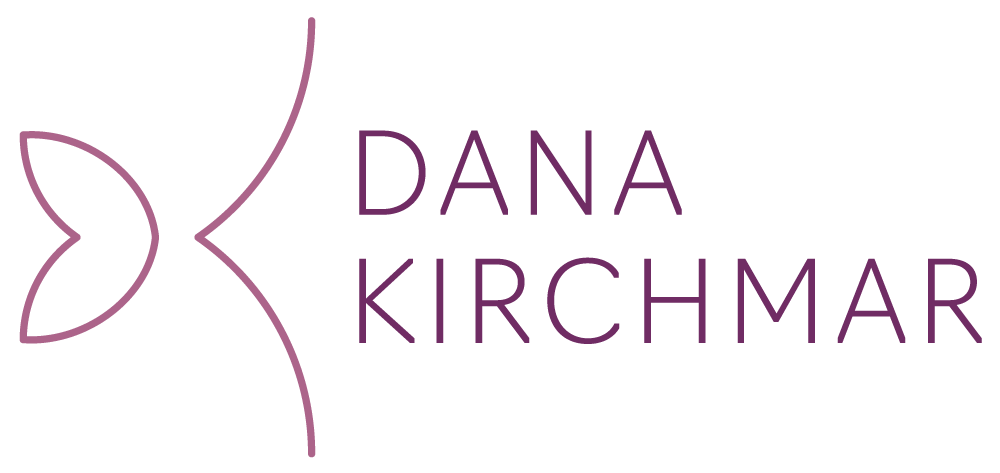
Algorithmic Music Composer - Where Beats Meet Bytes
What's the Gig?
Ever wondered what happens when you mix a sprinkle of Bach with a dash of computer science? You get Algorithmic Music Composers—the unsung heroes (pun intended) who generate music using algorithms. Imagine creating the next chart-topping hit or a transcendent symphony, all powered by code. You're not just a composer; you're a music tech innovator.
What's on Your Desk?
A MIDI keyboard, a laptop filled with music software, and maybe even some sheet music for good measure. Plus, you’ve got your headphones—you’ll need those to make sure the algorithm's output is harmonically sound.
Skills and Schooling
Bachelor’s Degree: Music Technology, Computer Science, or a blend of both.
Coding Skills: A good grip on Python, C++, or JavaScript can go a long way.
Musical Theory: You can’t code what you don’t understand, right?
Mathematics: Algorithms are equations, after all.
Creativity: Your creative flair gives the algorithm its soul.
Who Will You High-Five?
You’ll collaborate with sound engineers, software developers, and other musicians. It's a cacophony of skills coming together to make beautiful music.
Where You Could Hang Your Hat
Spotify: They’re always keen on personalized playlist algorithms.
Sony CSL: They have a whole lab dedicated to the future of music.
Amper Music: Focused on AI-driven music compositions.
Mubert: Real-time AI music generator for personalized streams.
AIVA: They create AI-generated compositions for movies and games.
Magenta by Google: An open-source research project exploring the role of machine learning in music creation.
Why You Might Just Love This
Unlimited Creative Canvas: The possibilities are only limited by your imagination (and coding skills).
Industry Disruption: You're part of the future of music.
Artistic Expression: You get to put your personal touch on every algorithm.
A Day in the Life of an Algorithmic Music Composer
Morning: Music and Math
9:00 AM: Check how your latest composition algorithm performed overnight. Make adjustments as necessary.
10:30 AM: Deep dive into mathematical models that could better simulate certain musical styles.
Midday: Hands-On Tuning
12:00 PM: Experiment on your keyboard, seeking inspiration for your next algorithm.
1:00 PM: Grab some lunch while listening to a classical composition or the latest pop hits. It's all research!
Afternoon: Code and Compose
2:30 PM: Code up a new algorithm, maybe something that blends jazz improvisation with classical undertones.
4:00 PM: Test your algorithm. Make it play. Dance a little if it’s good, tweak some more if it’s not.
Evening: Keeping Updated
6:00 PM: Read the latest papers or blog posts on music theory or computer science. You never know where the next spark of inspiration will come from.
The Final Word
Algorithmic Music Composition is your backstage pass to the intersection of technology and art. This career combines mathematical mastery with musical genius, all sprinkled with a dash of coding skill. It's STEAM in its purest form. So, if you're humming to the tune of both music and math, this could be your stage. 🎶💻
